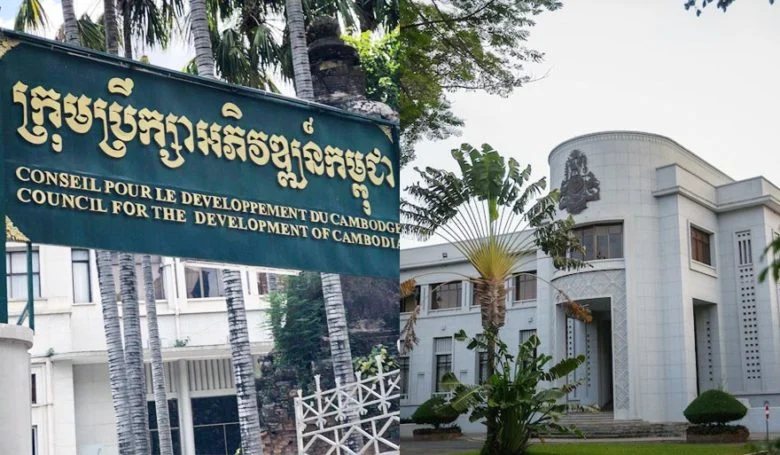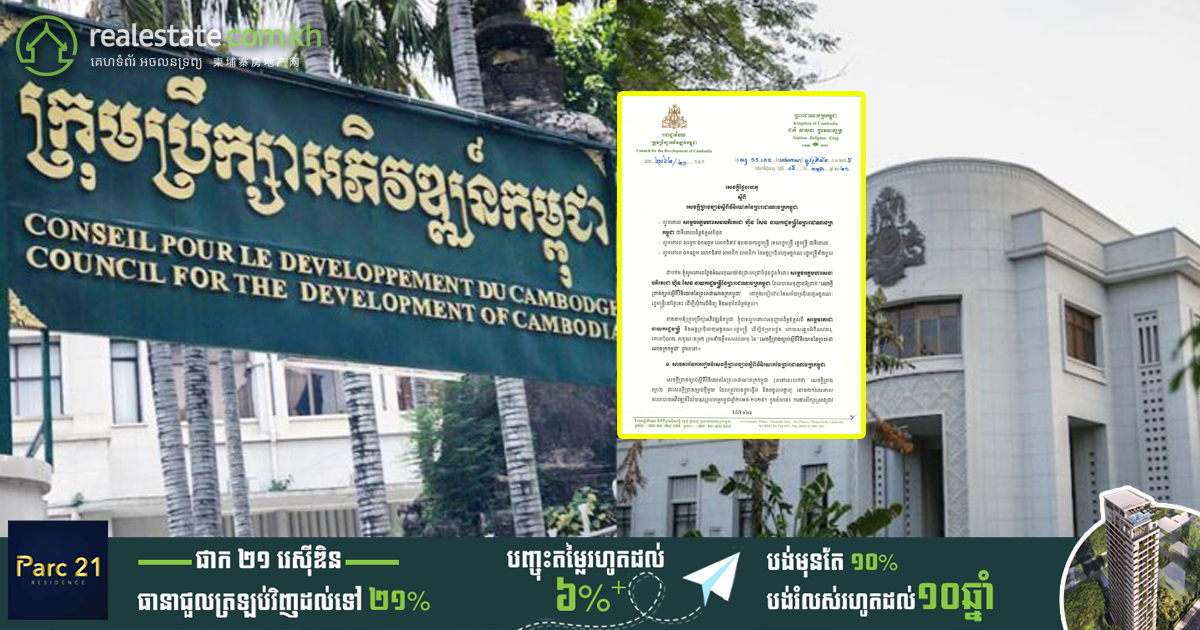

In July 2021, the Council for the Development of Cambodia (CDC) issued the "Draft Law on Investment of the Kingdom of Cambodia". The draft law seeks to create a favorable environment for investment to attract and promote quality, efficient and effective investments by Cambodian and foreign investors for socio-economic development in the Kingdom of Cambodia.
The CDC highlights these 4 foundations of the upcoming investment law in Cambodia:
- Establishment of an investment incentive regime that is transparent, predictable, non-discriminatory, competitive, and supports socio-economic policies
- Modernization, increasing the productivity of local industries, strengthening the connection to the regional and global supply chain by promoting the growth of capital inflows, transfer of technology, and skill know-how.
- Increasing Cambodia's competitiveness to make its economic structure more diversified and resilient to regional and global crises.
- Providing protection of rights and interests to investors in the Kingdom of Cambodia through the establishment of a comprehensive and balanced legal framework in line with national interests.
In order to increase the efficiency of providing services to investors, this draft law also highlights the mechanism for reviewing and deciding on private investment and resolving disputes related to investment projects through delegation to the Capital-Provincial Administration, as established by the Royal Government. Capital-Provincial Investment Sub-Committees will be established through succeeding sub-decrees.
In addition, the draft law provides value-added tax exemptions for the purchase of locally produced inputs in order to link local producers to the investment project's production chain, as well as to promote the use of local products. The draft law is also designed to be flexible, with special incentives for specific sectors and investment activities that have high potential to contribute to national development in line with government policy. This special incentive will be set out in the Law on Financial Management.
The new investment law incorporates some of Cambodia's international obligations to show all investors the commitment of the Royal Government of Cambodia to protect investment and provide guarantees in accordance with International law governing non-discrimination as well as the provision of investment maintenance services
The American Chamber of Commerce Cambodia (AmCham), last August 12, held a virtual forum on their Facebook page to discuss key points about the upcoming investment law. The forum was moderated by AmCham Governor Rina Ing and attended by AmCham President Anthony Galliano with special guests Jay Cohen, Partner and Director of Tilleke & Gibbins Cambodia, and Dr. Sok Siphana, founder of law firm Sok Siphana & Associates and Advisor to the Royal Government of Cambodia.
In the discussion, the new law provides incentives for priority areas such as (but not limited to): research & development, job creation, skills training, development and innovation, and small and medium enterprises. Dr. Siphana emphasized on the importance SMEs play in Cambodia’s economic growth, citing that Cambodia’s tycoons are not representative of the Kingdom’s larger economy and the new investment law will grant SMEs the opportunity to be part of the regional supply chain.
Key international trading partnerships to note for Cambodia are the China-Cambodia Free Trade Agreement and the Regional Comprehensive Economic Partnership (RCEP), a massive free-trade agreement between China, South Korea, Japan, the ASEAN, and Oceanic countries.
Jay Cohen mentions the importance of reviewing the “Negative List”, a list of businesses excluded from investment incentives. Cohen expects this list to be updated and will be setting a threshold for both local and international companies. He additionally stressed the importance of upcoming changes in taxes, remarking, “the devil is in the details”.
As of August 2021, the new Cambodia investment law is still in its drafting phase and is expected to be ratified sometime in 2022.
Interested in investing in Cambodia? Check out our Why Cambodia Guide!





Comments